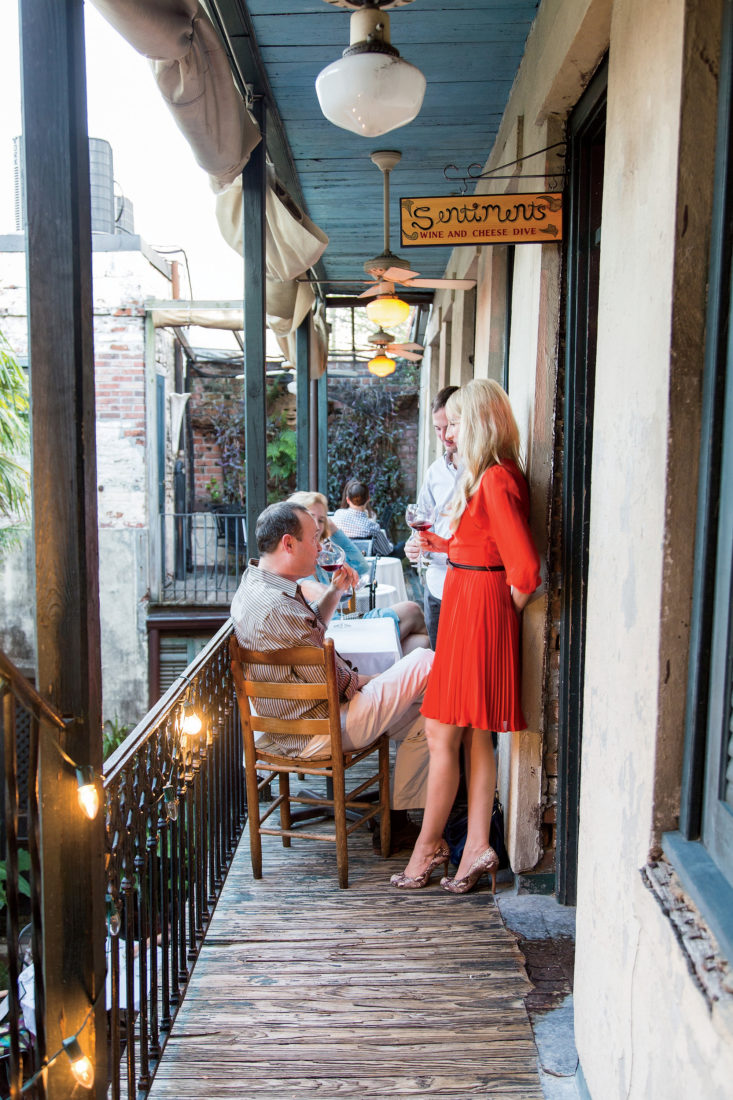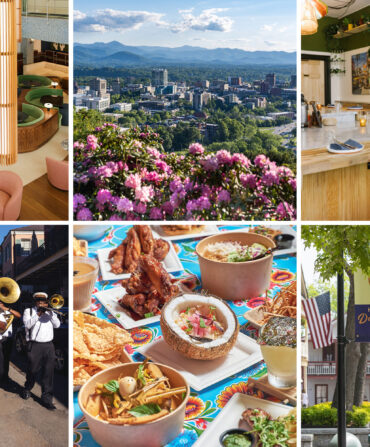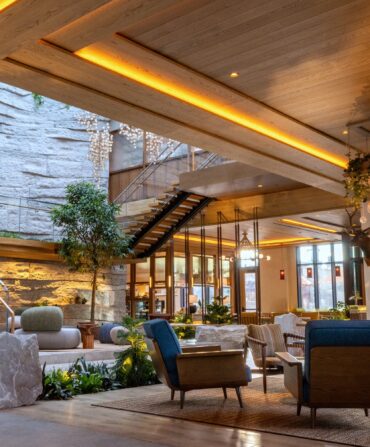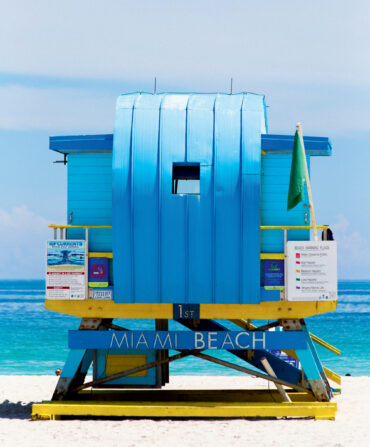>See inside these underground gourmets
You know about the legendary old-world dining in New Orleans—oysters, candlelight, white-gloved waiters, century-old menus, and so on. That’s not why you come to Marie’s Bar. At this neighborhood dive, you’ll find old men and hipsters arguing over the Saints defense, poker machines that look like they were installed sometime in the 1970s, and a broken guitar on the wall waiting for its owner to come back to claim it any night. But the real magic is in the back, past the magnetic dartboard, where a scrawled-marker sign indicates that something akin to a restaurant occasionally operates here: Kitchen Open.
On a Friday—and only a Friday—there’s a waitress in a polka-dot apron leaning on a gone-era pickup window where, you imagine, someone once served fries and wings before they stopped bothering. The menu is different now. There’s chicken-fried steak so peppery, crispy, and rich that you’re almost afraid of it. The chef stayed up all night preparing the barbecue pork cake that he tops with a sunny-side-up egg and serves on a nutmeg-tinged sweet potato puree surrounded by crowder peas straight from Mississippi. The food comes out on paper plates with plastic silverware, not for the sake of irony, but because, really, they don’t have the money for anything else.
Marie’s alter ego is called We’ve Got Soul, and you won’t find it listed in Zagat. Known as a pop-up, or sometimes, a food speakeasy, it’s part of a growing crop of alt restaurants running on borrowed space and time that bring you something not ready for brick and mortar but hardly low-rent. Joints like this are hard to find and run the gamut of legality—which is, of course, part of the fun. Pop-ups are a national trend among the ultrahip in places like Brooklyn and San Francisco, but they’ve found a special home in always-informal, up-for-anything New Orleans.
We’ve Got Soul is the delicate child of Tres Barnard, a big, bearded native of a town of about a thousand people in the Mississippi Delta. He talks with the easy confidence of somebody who’s put in the work, having cooked under master chefs such as Paul Prudhomme at every station imaginable. Then, he ran whole kitchens as the sous chef at the Royal Sonesta on Bourbon Street. It got tiring. He started putting money in a jar on his kitchen table. When he had enough, he quit his job and went to work making his own food for his own customers. The jar is still on the counter at Marie’s.
“We’re living day to day,” he says with a smile. “If we don’t make enough money one Friday, there’s a chance you might not see us the next Friday.”
Barnard follows in the steps of Cristina Quackenbush’s Milkfish, a Filipino joint that occupied the same space before moving let her run a few more days each week. For practiced chefs like her and Barnard, the pop-up is a way to experiment, or probe the idea of opening a restaurant without diving into debt. For those who attend, it fills an empty niche. And it gives the legions of New Orleans’ strange somewhere to go.
“It’s the opportunity to taste innovative new food while helping restaurants get off the ground,” says Michael Martin, a city planner and speakeasy connoisseur. “It’s a very community thing—you see your friends, and you see people who you know are just out to support these people.”
A journey into the heart of the city’s underground dining scene yields the everyday turned bizarre—an illicit creperie run out of a public theater, backyard ice cream served up with quesadillas and dancing, an elaborate traveling cocktail bar that specializes in riotous drunks triggered by gin fizzes with beet infusions and obscure applejack mixtures. The best pop-ups live somewhere between a restaurant and a dinner party. Menus are printed on plain paper or just posted on Facebook. If there’s a waiter, it’s just somebody’s friend. Chefs from the last party frequently stop by to support the next one. The pop-up is a labor of love, and communal goodwill is unavoidable.
Aron Chang’s TSAI travels all over the city filling people’s homes with vegetarian food based on Taiwanese street cooking. You find out where they’re heading on Face- book, bring your own bowl if you want to, choose some ingredients that sound good, take a number, and make yourself at home with whoever opened their kitchen to the nomadic chefs that evening. Like other pop-ups that haven’t struck some legal arrangement, TSAI doesn’t technically charge for the food; rather, there is a suggested donation. If it’s not quite commercial, they’re not quite breaking any laws, either. They’re just having you over and, hey, kick in a few bucks for noodles.
Sentiments Wine and Cheese Dive is more legitimate, piggybacking off of Feelings Cafe, the actual restaurant downstairs. It’s the night project of a cheese and wine worker at Whole Foods, and it may be the most French thing in a city that specializes in that feeling—dim lights, cracked brick walls, wrought iron balconies, and ceiling fans set on a beam against the night sky are as much a part of the experience as the shifting suite of imported cheeses and wine.
The ur-speakeasy in New Orleans is Pizza Delicious, the project of two Tulane grads desperate for good pies in what was supposed to be a food city. It became a pop-up by necessity; there was just no way that two recent college graduates without any kitchen experience were going to actually open a restaurant. In the early days it was everything you wanted out of a back-alley joint—hard-to-find location, odd hours, interminable waits on the sidewalks in New Orleans’ neo-bohemian Bywater neighborhood, not to mention impossibly thin and crispy pizza. It worked. Pizza Delicious has now moved into its own physical—and, yes, fully legal—restaurant space.
“I had no idea when we started what was going to happen,” cofounder Michael Friedman says. “[A pop-up] can do incredible things. It can give you a lot of options.”
New Orleans works well in the gray areas. This is the city where the saxophonist you see picking up his case and running from the cops might well have been playing with Wynton Marsalis at a Japanese jazz festival the week before. It isn’t so much that people delight in illegality—it’s that the law is seen as more of an inconvenience than an impediment. The same holds true for the evolving underground food scene. As with some of the city’s best culture, the only trick to enjoying it is finding it.
>Read more about the six New Orleans food haunts worth checking out.








